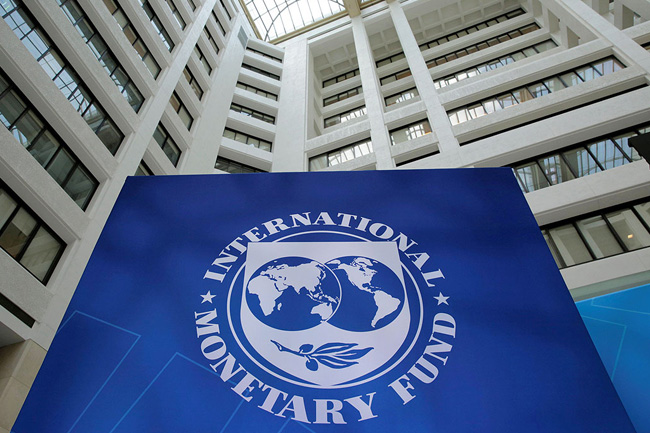October 26, Colombo (LNW): Sri Lanka is making substantial strides in implementing critical economic reforms, a key move that could facilitate a swift progression toward the third review of its Extended Fund Facility (EFF) program, a senior International Monetary Fund (IMF) official disclosed on Thursday.
Speaking in Washington, Krishna Srinivasan, director of the IMF’s Asia and Pacific Department, acknowledged the country’s recent reforms and collaborative efforts with the IMF, which he believes have moved Sri Lanka closer to financial stability.
Upon the election of Sri Lanka’s new government, Srinivasan led an IMF delegation to Colombo to engage with the country’s leadership and discuss economic strategies.
These discussions have been both productive and ongoing, with follow-up meetings scheduled during the IMF-World Bank Annual Meetings.
According to Srinivasan, Sri Lanka, which faced severe economic instability in 2022, has shown remarkable progress in implementing reforms. Recent data shows the country experiencing positive economic growth over the past four quarters, coupled with decreasing inflation—a clear indicator of recovery.
Srinivasan emphasized that under the EFF, Sri Lanka’s program framework aligns with some of the new government’s priorities, particularly in areas such as social protection. The program discussions will continue in Washington, with the IMF hopeful for rapid progress toward the upcoming third review of the program.
Regarding debt restructuring, Srinivasan noted that Sri Lanka has reached an agreement with its official creditors and secured a preliminary arrangement with private creditors. The next step is finalizing a comprehensive agreement across all creditor groups, a vital phase in Sri Lanka’s path toward a sustainable financial recovery.
He acknowledged that much remains to be done, particularly in continuing the necessary reforms to strengthen the country’s economy.
When asked about macro-linked bonds, a type of debt instrument, Srinivasan clarified that while the IMF does not directly negotiate the terms, it is focused on ensuring that debt restructuring agreements align with the IMF program’s debt objectives and maintain consistent treatment across creditors.
While macro-linked bonds are increasingly popular in debt restructuring, Srinivasan noted that different approaches suit different countries, and conventional bond exchanges may still be viable.
The Group of 24 (G-24), an international coalition of developing nations, has also acknowledged Sri Lanka’s reform achievements.
During a press conference at the Annual Meetings in Washington, the G-24 commended Sri Lanka’s economic resilience while advocating for more inclusive debt restructuring frameworks.
Iyabo Masha of the G-24 Secretariat highlighted that Sri Lanka’s economy has shown clear signs of recovery, with economic growth accelerating, fiscal reserves increasing, and rising import duties as evidence of fiscal stabilization. Nevertheless, Masha stressed that challenges related to debt sustainability persist.
